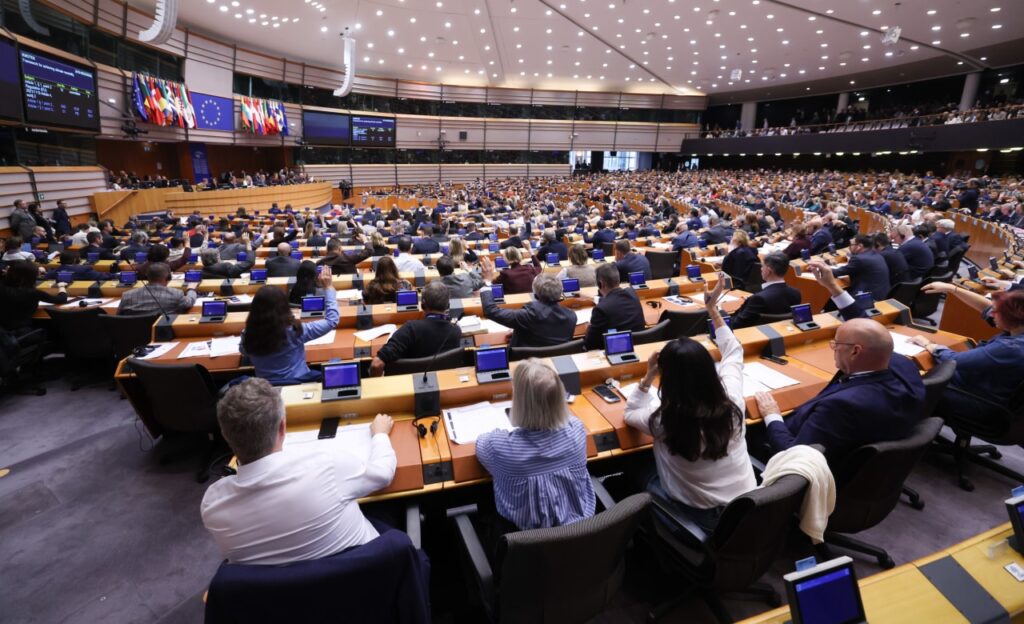
Recent developments within the European Union (EU) signal a potential shift toward pro-business policies in response to economic challenges. As the EU grapples with inflation levels hovering around 3.5% and a sluggish recovery, leaders are adopting milder regulations. This change reflects a growing recognition of the need to support economic growth in member states like Germany, France, and Italy.
The European Central Bank has taken steps to temper its strict monetary policy. On March 15, 2024, it announced a decision to limit interest rate hikes, focusing instead on fostering investment and growth. This approach aims to stimulate economic activity by easing the financial burden on businesses, which have faced rising operational costs due to fluctuating energy prices and supply chain disruptions.
Policy Changes and Their Implications
A key element of this policy shift is the EU’s intention to reduce bureaucratic hurdles for businesses. Regulatory frameworks that have traditionally stifled innovation and expansion are now under review. Ursula von der Leyen, President of the European Commission, emphasized the need for a business-friendly environment, stating that the time for action is now if Europe aims to remain competitive on the global stage.
The focus on pro-business initiatives comes as the EU prepares to allocate €1 trillion for economic recovery efforts. This funding is intended to bolster infrastructure projects and support green energy initiatives, reinforcing the EU’s commitment to sustainability while promoting economic resilience.
Regional Variations in Economic Recovery
The economic landscape varies significantly across EU member states. Countries like Germany and France are experiencing slower recoveries compared to the more robust performance of nations such as Ireland and Spain, which have seen growth rates surpassing 4%. These discrepancies highlight the challenges faced by the EU in implementing a cohesive economic strategy that addresses the unique needs of each member state.
As the EU moves forward, the balance between regulatory oversight and fostering a pro-business climate will be crucial. Leaders are aware that while regulations are necessary to protect consumers and the environment, excessive restrictions can hinder economic growth. The upcoming months will be critical as the EU seeks to navigate these complexities while aiming for a sustainable recovery.
In summary, the EU’s evolving approach towards a more favorable business environment marks a significant shift at a time when economic pressures are mounting. The effectiveness of these new policies will be determined by how well they stimulate growth and support member states in overcoming their unique challenges.







